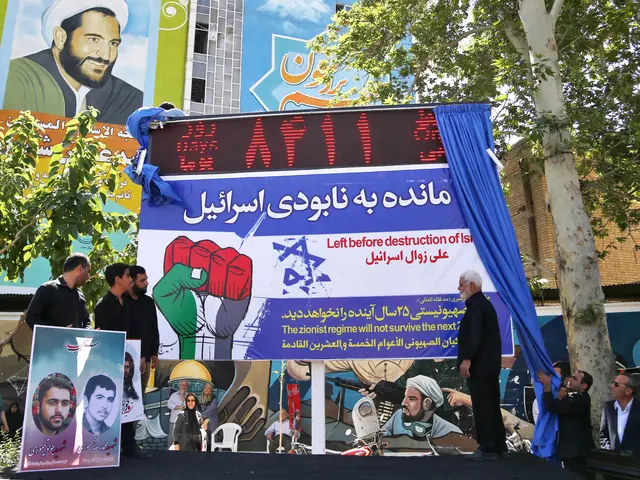As far as I understand, the USA's Middle East policy more or less revolves around Israel and its security. The countries which had antagonistic policies toward Israel were either taken out by Israel or the USA one after another.
To my understanding, the only outliers are Iran and Pakistan.
I concede that both of them have huge and powerful militaries; that is one of the reasons they are still on the world map. However, while Iran has faced repeated sanctions, Pakistan has been spared time and time again.
For example:
- Pakistan was allowed to continue its research on nuclear weapons
- In 1998, Pakistan was put under sanction for testing nuclear weapons, and the sanction was lifted in a short time
- Pakistan never faced any sanction when Osama bin Laden was found in Abbottabad
- In 2011, Pakistan stopped the NATO supply routes and there was no repercussion from the US side
- Pakistan possess a missile named Shaheen-III which has an effective firing range of 2500-3000km
Why has Pakistan never faced the wrath of the USA similar to other countries in the region, especially Iran?
